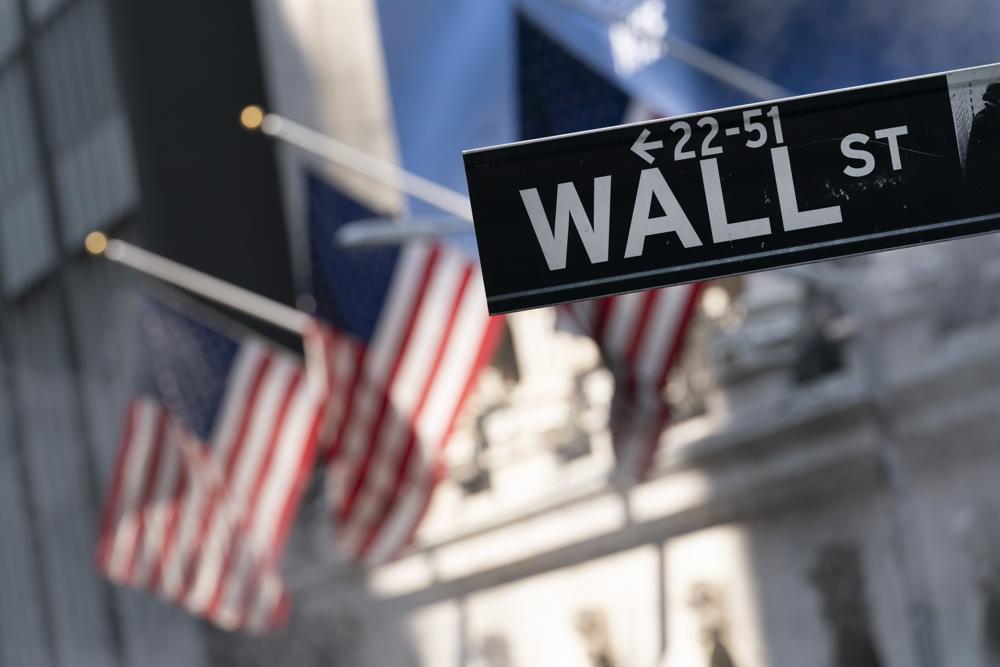Stocks wobbled lower on Wall Street Thursday afternoon as investors gauged the latest data on inflation and company earnings.
The S&P 500 fell 0.6% as of 12:18 p.m. Eastern. The benchmark index is coming off two days of gains following daily losses since the first day of trading in 2022.
The Dow Jones Industrial Average rose 16 points, or 0.1%, to 36,311 and the Nasdaq fell 1.3%.
Industrial companies made solid gains. Delta Air Lines jumped 3.2% after reporting surprisingly good fourth-quarter financial results.
Banks also gained ground. Major banks, including Citigroup, JPMorgan Chase and Wells Fargo, will report their latest financial results on Friday.
Big technology stocks, which have an outsized influence on the S&P 500 because of their high valuations, fell and checked gains elsewhere in the market. The sector has been slipping in January as investors shift money in anticipation of rising interest rates, which tend to make pricey tech stocks less attractive.
Chipmaker Nvidia fell 4.2% and software maker Adobe fell 2.9%.
“It is a little bit of a confusing narrative for the first two weeks of this year,” said Scott Ladner, chief investment officer at Horizon Investments. “The market is really coming to grips with selling really highly valued, profitless tech names and finding other places to put money.”
Many of the big tech companies with solid revenue and profits, such as Apple and Microsoft, will suffer less than their counterparts that have little revenue, but rosy projections, he said.
Health care stocks also fell. Pfizer shed 1.7%.
Bond yields were stable. The yield on the 10-year Treasury remained at 1.73% from late Wednesday.
Inflation has been a key focus for investors as they try to gauge how rising prices will impact businesses, consumers and the Federal Reserve’s policy on interest rates in 2022.
The Labor Department on Thursday reported that prices at the wholesale level surged by a record 9.7% for all of 2021, setting an annual record and providing further evidence that inflation is still present at all levels of the U.S. economy. The report follows Wednesday’s release of consumer price data for December, which showed that inflation jumped at its fastest pace in nearly 40 years last month.
Investors are also monitoring how the latest wave of COVID-19 cases affects the global economy. In Asia, the omicron variant has swept across Australia and is gaining ground in other countries despite high vaccination rates, mask requirements and strict border policies.
Japan reported more than 13,000 new infections on Wednesday, the highest level in four months. China, whose zero-COVID policies are being challenged by outbreaks just weeks ahead of the Beijing Winter Games, is testing and in some cases locking down entire cities.
Markets in Asia and Europe were mixed.
(AP)











